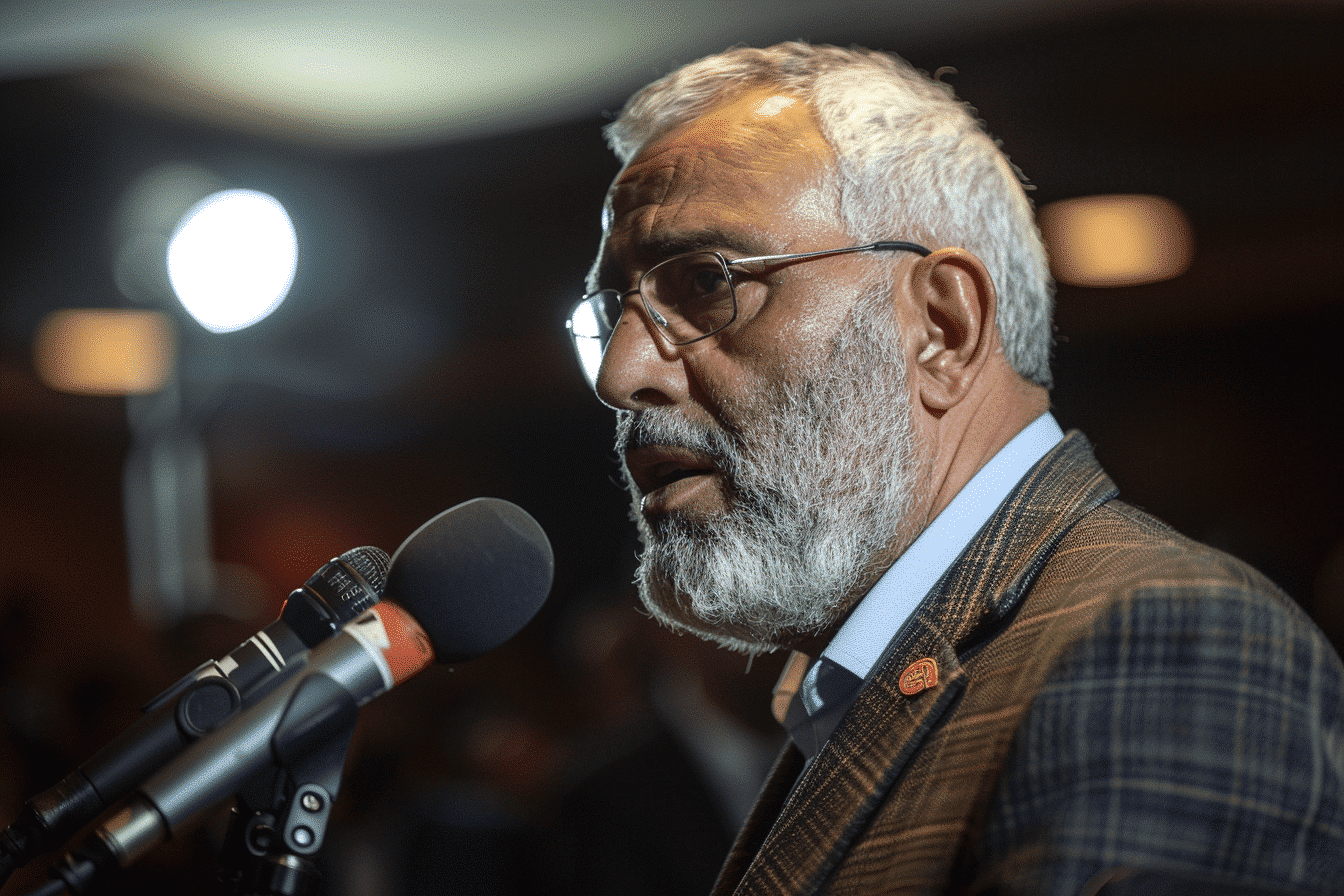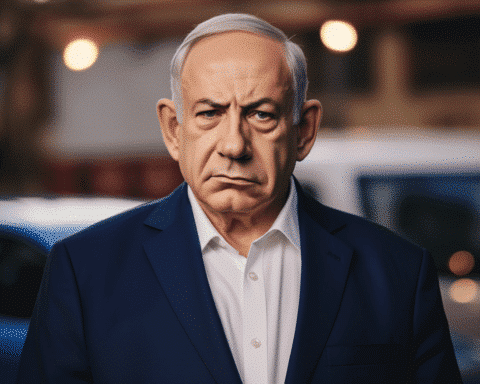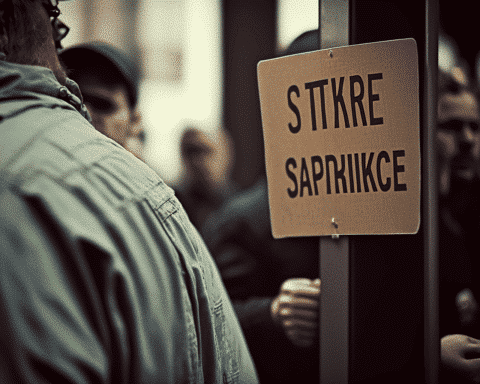Recent statements from Hamas have rekindled discussions about a possible two-state solution with Israel, despite long-standing tensions and skepticism from Israel and its allies. As Hamas suggests a shift towards political engagement by offering to disarm and transform into a political party, the international response remains mixed, with significant concerns about the group’s past actions and commitments.
Unity Talks and Political Evolution
A History of Shifting Positions
The trajectory of Hamas since winning the 2006 Palestinian legislative elections reflects a complex interplay of political pragmatism and ideological steadfastness. Initial unity talks with the Palestinian Authority hinted at possible cooperation but were ultimately undermined by external pressures and internal conflicts. Over the years, Hamas’ leaders have occasionally voiced support for a Palestinian state within the 1967 borders, paired with conditional truces, yet consistently refused to recognize Israel outright.
The 2017 Shift: A New Political Charter
Hamas’ 2017 political charter marked a significant rhetorical shift from its 1988 document. By dropping overtly religious and antisemitic language, the group repositioned its struggle in terms of human rights and anti-colonialism, advocating for the rights of refugees and resistance against occupation. However, the inclusion of terms like “from the river to the sea” continues to alarm many, particularly in Israel, who see it as an implicit denial of Israel’s right to exist.
Contemporary Challenges and Responses
Skepticism from Israel and Allies
The reaction from Israel, the United States, and European nations to Hamas’ recent propositions has been predominantly negative. Following the Oct. 7 attack by Hamas, these countries, which label Hamas as a terrorist organization, have shown little inclination to engage with its latest overtures. The persistent refusal of Hamas to recognize Israel and the ambiguity of its long-term goals contribute to the ongoing distrust.
A Glimmer of Political Transformation?
Despite the prevalent skepticism, Hamas’ recent statements about disarming and potentially dissolving its military wing if a sovereign Palestinian state is established suggest a rare but significant pivot towards political integration. This move, as articulated by senior Hamas official Khalil al-Hayya, introduces a new dimension to the discourse on the Israeli-Palestinian conflict, highlighting a possible evolution from militant activism to political participation.
The path to peace in the Israeli-Palestinian conflict remains fraught with complexities and challenges. While Hamas’ latest overtures could represent a shift towards more pragmatic and political engagement, the deep-seated mistrust and the stark history of violence continue to overshadow prospects of a meaningful dialogue. Whether these recent developments will lead to a breakthrough or merely add another layer of complexity to the already turbulent relations depends significantly on the responses from all parties involved and their willingness to negotiate in earnest.




